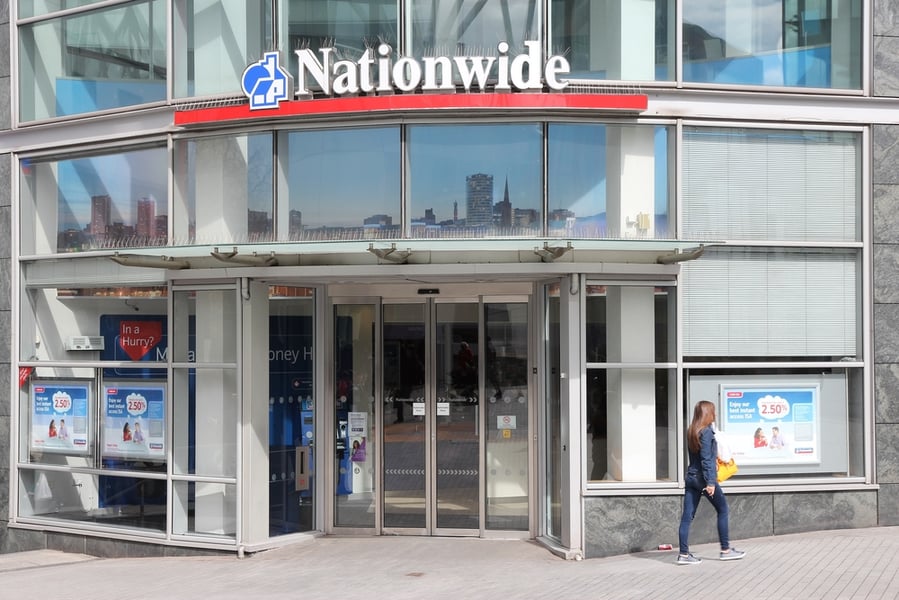From September to October house price inflation was flat.

Annual house price growth fell to 1.6% in October, the lowest since May 2013, Nationwide’s house price index has found.
From September to October house price inflation was flat.
Robert Gardner, chief economist at Nationwide, said: “The squeeze on household budgets and the uncertain economic outlook is likely to have dampened demand, even though borrowing costs remain low by historic standards and unemployment is at 40-year lows.
“We continue to expect house prices to rise by around 1% over the course of 2018.
“Looking further ahead much will depend on how broader economic conditions evolve. If the uncertainty lifts in the months ahead, there is scope for activity to pick-up throughout next year.
“The squeeze on household incomes is already moderating and policymakers have signalled that interest rates are only expected to raise at a modest pace and to a limited extent in the years ahead.”
Jeremy Leaf, north London estate agent and a former RICS residential chairman, said: “After a drop in house prices last month the trend appears to be continuing with a shortage of supply not managing to keep values up sufficiently.
“In a fragile market, bad news tends to have a disproportionately negative impact and much of this is down to nervous anticipation of what was in the Chancellor’s red case.
“However, the Budget could have caused more damage and we expect to see more balance but no fireworks in the period leading up to Christmas, which is traditionally quiet for the housing market.”
Jonathan Samuels, chief executive of the property lender, Octane Capital, seemed wary about the state of the market.
He said: “October was the month things got noticeably darker on the house price front.
“Brexit is drawing ever closer and the great unknown it represents is undermining confidence and dragging on transaction levels.
“A robust jobs market and continued low borrowing rates are preventing an outright collapse, despite high living costs and interest rate uncertainty.”
Ross Boyd, founder of, Dashly, appeared to agree.
He said: “As we enter the business end of Brexit, households are getting ever more apprehensive and this is now materially affecting demand.
“After the brutal tax changes of recent years, the nightmare for landlords is proving particularly protracted.
“It’s hard to see the property market emerging from its current stasis until well into 2019 once there is more clarity on where the economy is at.”



